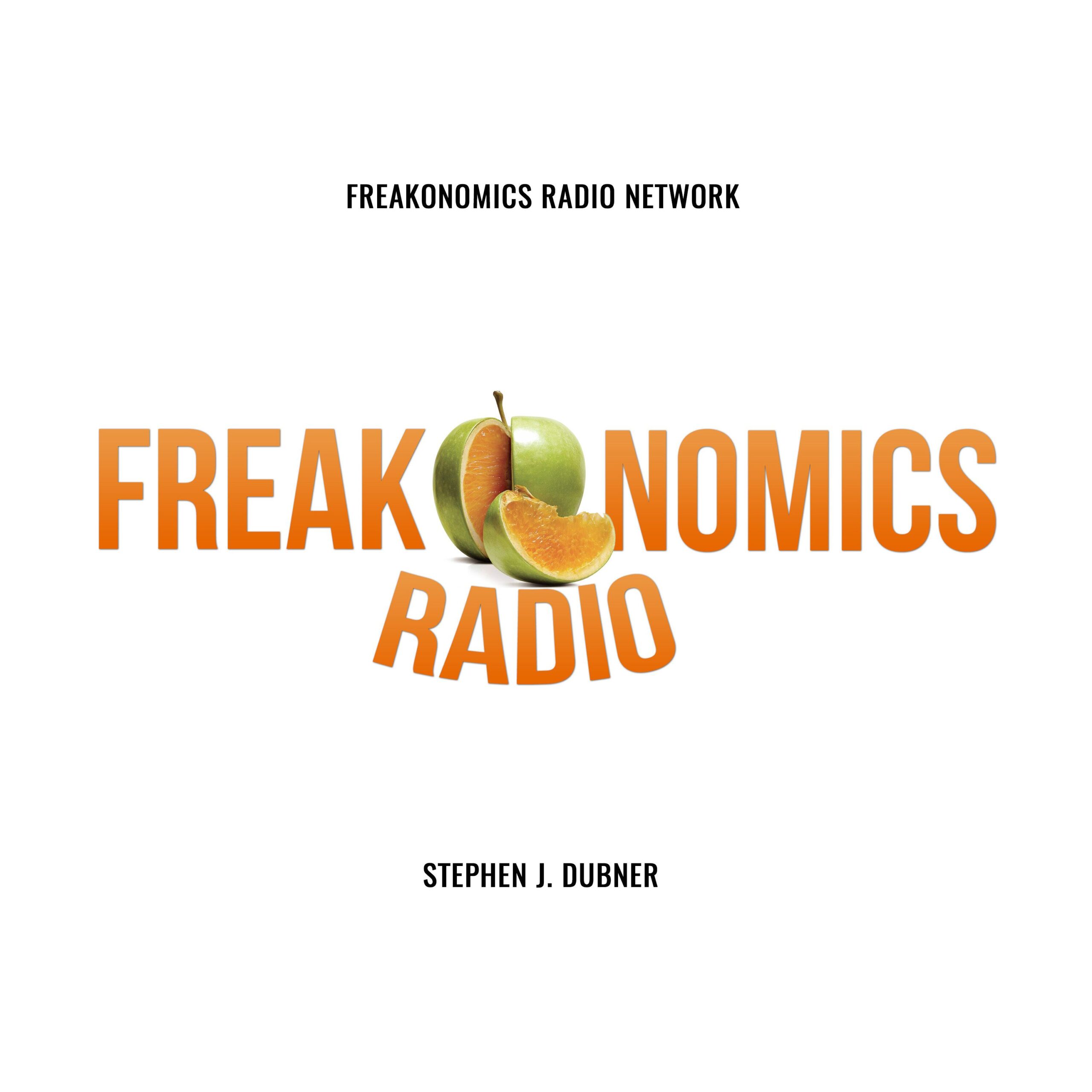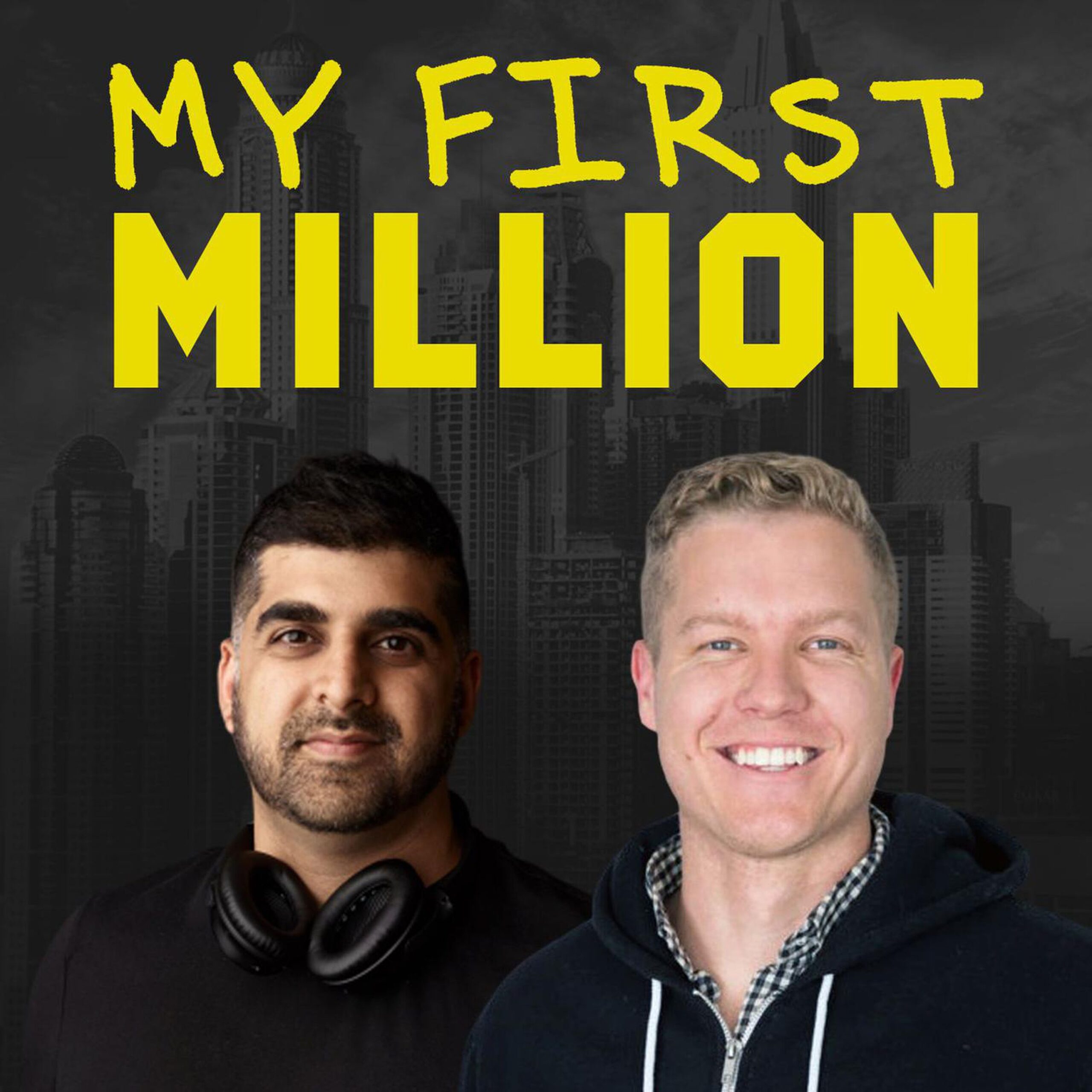423: $3500 a Day in Etsy Sales in 6 Months
What started as a 2-week challenge with a friend 6 months ago, has turned into a business processing $3,500 in orders a day! Luke Emery has a background in design and portrait painting. So, he decided to utilize these skills and his e-commerce experience and start a business selling custom pet portraits. Van Woof specializes … Read more





